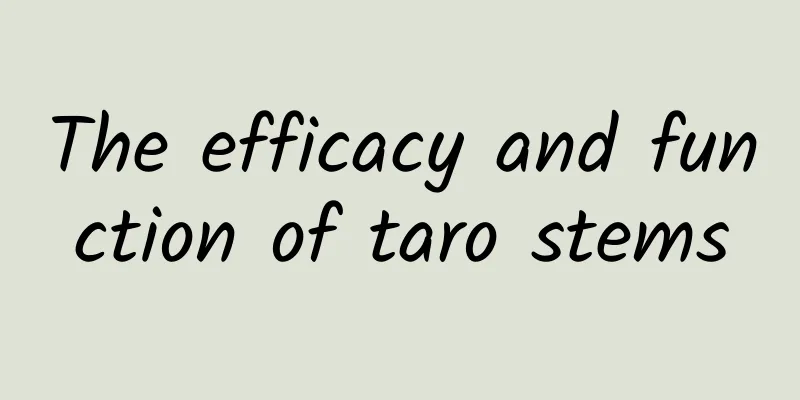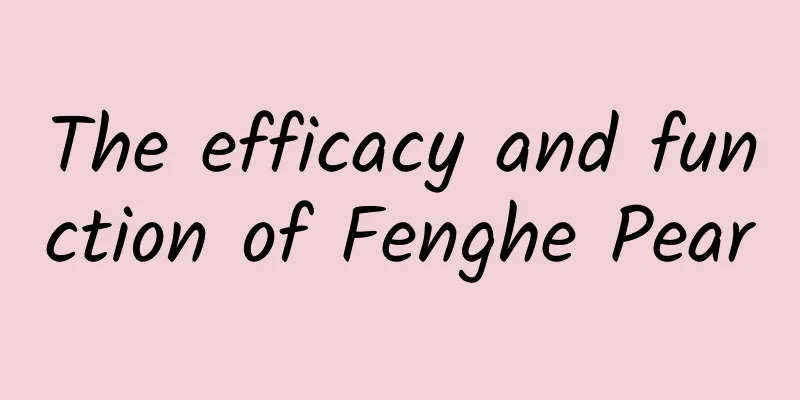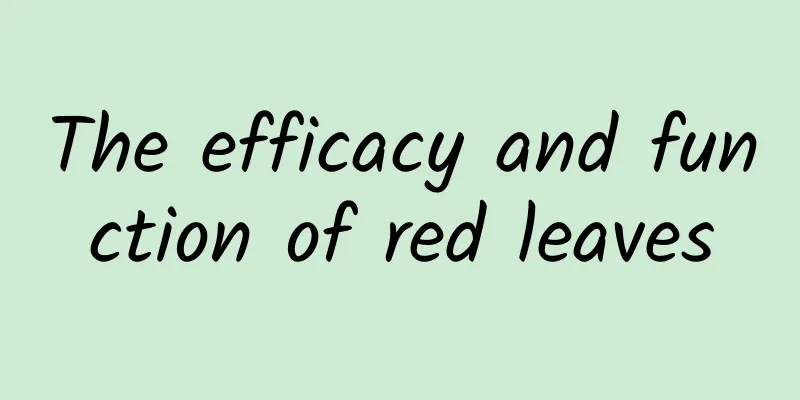Side Effects of Broken Wall Herbs

|
Chinese medicinal materials have always been trusted by people, especially those that grow in natural environments that are destroyed every day. Especially for many wild Chinese herbal medicines, their medicinal properties are relatively strong and the herbs are also rare, which often increases the preciousness of the herbs. Through current cultivation technology, many Chinese medicinal materials can be artificially cultivated. After breaking the wall, these medicinal materials can be easily absorbed by the human body, and the therapeutic effect will be increased. Are there any side effects of broken wall herbs? The broken wall herbs are made by air flow crushing, which is very safe. In addition, the product also strictly monitors and controls the heavy metal and pesticide residue indicators of the raw materials, so the quality is relatively good. Many people are worried that broken-wall herbs will cause side effects on the human body. In fact, any drug will have a certain impact on the human body, but the magnitude of the side effects may vary. Broken-wall herbs are purely natural preparations. No other ingredients are added during the production process. Instead, the ingredients of the raw materials are retained as much as possible. It is a pure Chinese medicine preparation, so the side effects are very small. The efficacy of broken wall herbs Broken wall herbs contain a variety of Chinese medicinal ingredients, which can be used to replenish qi and raise yang, consolidate the exterior and stop sweating, as well as promote diuresis and reduce swelling. Not only that, taking broken wall herbs can also achieve the effects of replenishing the middle and replenishing qi, strengthening the spleen and lungs, as well as nourishing blood and producing body fluids. It can be taken by both women and men. In addition, middle-aged and elderly people can also take broken-wall herbs for health care in their lives, which is also helpful in preventing and treating senile diseases. Advantages of Broken-wall Herbs Broken-wall herbs use the latest biological purification technology to retain the Chinese medicinal ingredients in plant cells to the maximum extent. The traditional application method of Chinese medicine is boiling in water, which is time-consuming and laborious, while broken-wall herbs effectively solve this problem. It is reported that wall-cured herbs perfectly utilize modern ultrafine grinding technology and completely break the cell walls of Chinese medicinal materials, which can completely release the effective ingredients and greatly improve the utilization rate of the effective ingredients. This not only enhances the efficacy of the medicine, but also effectively saves Chinese medicine resources. In addition, the broken wall herbs use patented additive-free molding technology on the basis of powder, and make the product into granules, so that the product can be directly brewed and drunk without decocting, forming a new trend of health-preserving herbs. |
<<: Resurrection grass benefits
>>: Can I eat ginseng during confinement?
Recommend
The efficacy and function of chicken intestines
Chinese medicinal materials are very effective in...
Effects and functions of mountain twist root
Not only does the mountain twist fruit have thera...
International Day for Biological Diversity丨Sky! Giant! Spirit!
May 22 is International Day for Biological Divers...
The efficacy and function of sunflower husk
Sunflower husks are something that many people ar...
How to take maca tablets for the best effect?
Maca has many functions and health values, but we...
What are the effects and functions of dried toad grass?
Toad grass is a very common plant in daily life. ...
The efficacy and function of licorice paste
The traditional Chinese medicine Bie Gao is often...
The efficacy and function of Hainan Torreya grandis
Hainan Torreya grandis is a common Chinese medici...
Why are all the mountains in the world no higher than 10,000 meters?
There are countless mountains of all sizes on the...
The efficacy and function of Fritillaria cirrhosa[picture]
I don't know if you are familiar with Fritill...
What are the effects and functions of Panax notoginseng and how to eat it?
Panax notoginseng is actually a very common Chine...
The faster the speed, the weirder the behavior? Maybe there is a problem with the coordination function
As you age, do you have this problem: when you re...
It’s heartbreaking that a woman fell from a building after being cyberbullied. How should we build a “psychological firewall” in the face of verbal abuse?
It’s heartbreaking that a woman fell from a build...
Trivia | What can you use to ward off vampires? Garlic?
What to use to ward off vampires, garlic? Written...
How much radiation will the body absorb during an abdominal color ultrasound?
As for the physical examination items , Abdominal...









